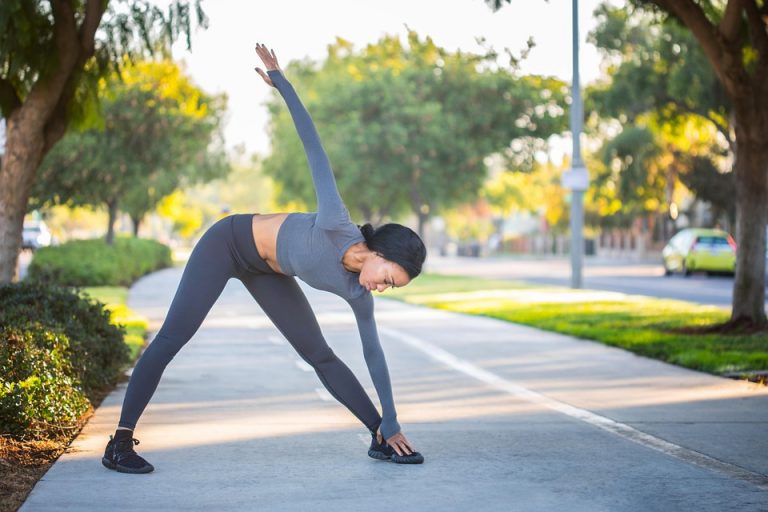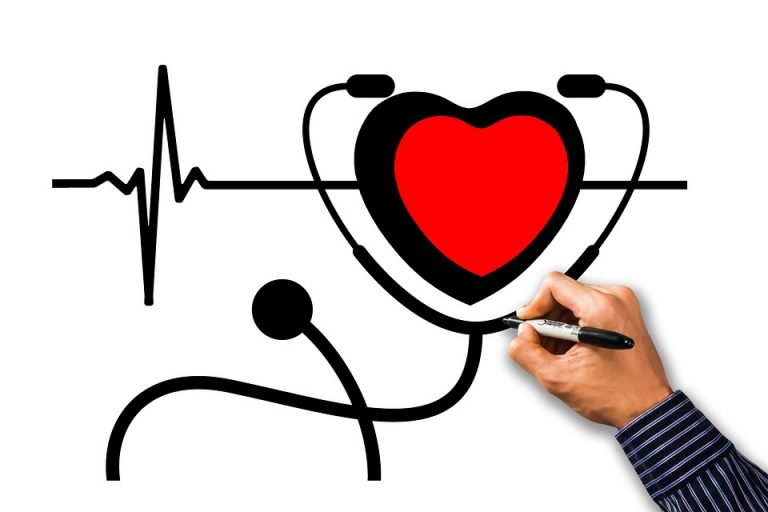Fluid intake and fitness go hand in hand. From the very first drop of sweat to the final rep, what you drink—how much, when, and why—has everything to do with how far you’ll go in your fitness journey. This isn’t just about quenching thirst. It’s about unlocking energy, protecting your joints, torching fat, and accelerating recovery.
In today’s world of protein shakes and pre-workouts, it’s easy to overlook the simplest, most vital performance booster of all: water. Yet fluid intake and fitness are more connected than most people realize. Here’s why every sip matters, and what it can mean for your body, your energy, and your results.
Contents
- What’s the Connection Between Fluid Intake and Fitness?
- 1. Boosts Endurance and Stamina
- 2. Accelerates Fat Burning
- 3. Prevents Muscle Cramps and Injury
- 4. Speeds Up Recovery and Reduces Inflammation
- 5. Improves Mental Focus and Motivation
- 6. Enhances Muscle Tone and Definition
- 7. Regulates Body Temperature for Peak Performance
- Hydration Tips for Real-Life Fitness Wins
- How Much Water Do You Really Need?
- BOTTOM LINE
- FAQs
What’s the Connection Between Fluid Intake and Fitness?
Your body is 60% water. That alone should tell you hydration is serious business. But here’s where it gets real: during exercise, your body can lose up to 2 liters of fluid per hour through sweat—along with essential electrolytes. Lose too much, and performance suffers. Muscles cramp. Fatigue sets in. Focus fades.
So if you’re pushing your body to perform, you need to fuel it with what it needs most—fluid. Not just when you’re thirsty, but before, during, and after you move. That’s the core of the relationship between fluid intake and fitness: hydration supports every system that powers your progress.
1. Boosts Endurance and Stamina
Your muscles rely on water to function efficiently. Without it, they literally dry out—and so does your performance.
-
Dehydration reduces endurance by up to 20%
-
Blood thickens, slowing oxygen delivery to muscles
-
Electrolyte loss causes muscle fatigue and cramping
Tip: Drink at least 16 oz of water 1–2 hours before exercising to pre-hydrate your system.
2. Accelerates Fat Burning
Yes, water can help you burn more fat. How? Because fluid intake and fitness together optimize metabolism.
-
Water is essential for lipolysis—the process of fat breakdown
-
Staying hydrated supports efficient calorie burning
-
Drinking cold water slightly boosts thermogenesis
Want a fat-burning edge? Don’t skip that glass of water before your workout.
3. Prevents Muscle Cramps and Injury
Ever been sidelined by a calf cramp mid-run or felt that twinge of pain during a deadlift? You can thank low fluid levels for that.
-
Muscles need water to contract and relax smoothly
-
Dehydration increases the risk of tears and strains
-
Joints rely on synovial fluid—water keeps it flowing
Stay mobile, limber, and injury-free by prioritizing water intake throughout the day.
4. Speeds Up Recovery and Reduces Inflammation
Post-workout soreness is natural—but hydration makes it manageable. One of the most underrated benefits of proper fluid intake and fitness is faster recovery.
-
Water flushes out lactic acid and cellular waste
-
It improves circulation, bringing nutrients to tired muscles
-
Hydration reduces systemic inflammation and stiffness
Pro tip: Add a pinch of sea salt or a natural electrolyte powder to your post-workout water for faster replenishment.
5. Improves Mental Focus and Motivation
Hydration doesn’t just fuel your muscles—it fuels your mind. And when it comes to crushing your fitness goals, mindset is half the battle.
-
Mild dehydration (just 1–2%) causes brain fog
-
Fluid balance affects mood, memory, and reaction time
-
Staying hydrated keeps your energy and drive high
Before you reach for another cup of coffee, ask yourself: When’s the last time I had water?
6. Enhances Muscle Tone and Definition
You’ve been lifting, squatting, and planking—but your definition still seems soft. Could be your water intake.
-
Muscles are 75% water—dehydration makes them look flat
-
Proper hydration improves vascularity and definition
-
Skin elasticity depends on consistent fluid levels
Want your muscles to pop? Make sure you’re drinking enough to keep them full and defined.
7. Regulates Body Temperature for Peak Performance
You might not think about your internal thermostat—but your body does. Especially during high-intensity workouts or hot weather sessions.
-
Sweating helps you cool down, but costs you fluids
-
Dehydration reduces your body’s ability to regulate temperature
-
Overheating leads to fatigue, dizziness, and performance drop
Sip consistently throughout your workout—not just at the end—to keep your engine running cool.
Hydration Tips for Real-Life Fitness Wins
✔ Follow the 8×8 Rule: Drink eight 8-ounce glasses a day—more if you’re active
✔ Pre-Game Your Workout: Hydrate 60–90 minutes beforehand
✔ Bring a Refillable Bottle: Make it visible and track your intake
✔ Don’t Wait for Thirst: If you’re thirsty, you’re already behind
✔ Watch Your Sweat: Heavy sweaters need more fluid and electrolytes
✔ Check Your Urine: Pale yellow = good. Dark = drink up!
How Much Water Do You Really Need?
The old “8 glasses a day” rule? It’s a start—but not a one-size-fits-all. Here’s a better guide for anyone serious about fluid intake and fitness:
-
Sedentary adults: 2.7 liters/day (women), 3.7 liters/day (men)
-
Active adults: Add 0.5–1 liter per hour of exercise
-
Hot climates or intense training: Increase intake significantly
If you’re drinking enough, you’ll feel energized, clear-headed, and less sore after exercise.
BOTTOM LINE
Fluid intake and fitness aren’t just connected—they’re inseparable. Hydration is the thread that weaves through every gain, every drop of sweat, every ounce of effort. Want better workouts, faster recovery, and a body that performs at its peak? Then water isn’t optional. It’s foundational.
Take care of your body like you’d take care of a high-performance engine: fuel it, cool it, and keep it running clean.
FAQs
Q: Is it possible to drink too much water during workouts?
Yes. Overhydration can dilute sodium levels and cause hyponatremia. Balance water with electrolytes during long sessions.
Q: Are sports drinks better than water?
Not always. For short workouts, plain water is enough. Use sports drinks only for extended training or high heat conditions.
Q: What’s the best time to hydrate for fitness?
Start hydrating 1–2 hours before your workout and continue sipping throughout and after for optimal performance and recovery.
It’s not about being perfect—it’s about being consistent. Keep a bottle nearby, listen to your body, and let water do its quiet, powerful work behind the scenes of your success.
Get Your FREE Natural Health Guide!
Subscribe now and receive our exclusive ebook packed with natural health tips, practical wellness advice, and easy lifestyle changes, delivered straight to your inbox.






